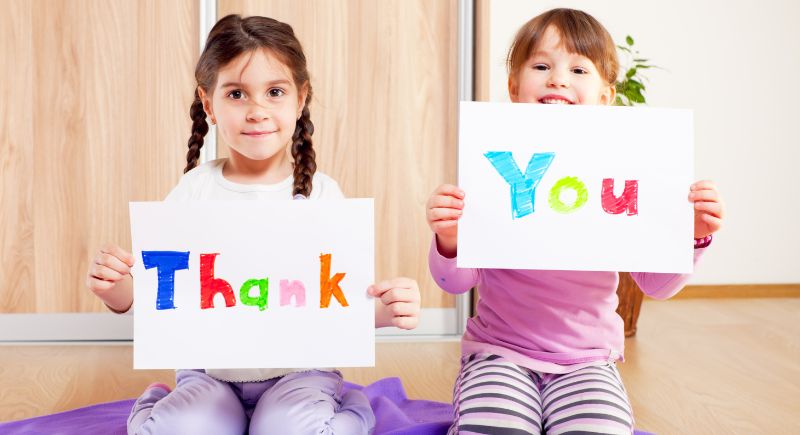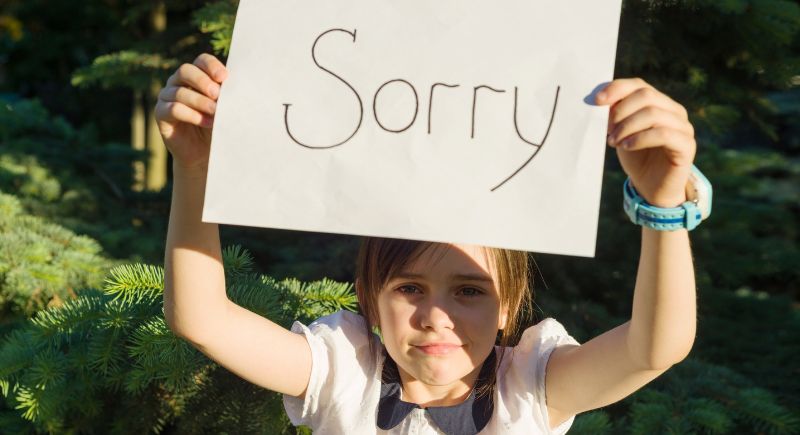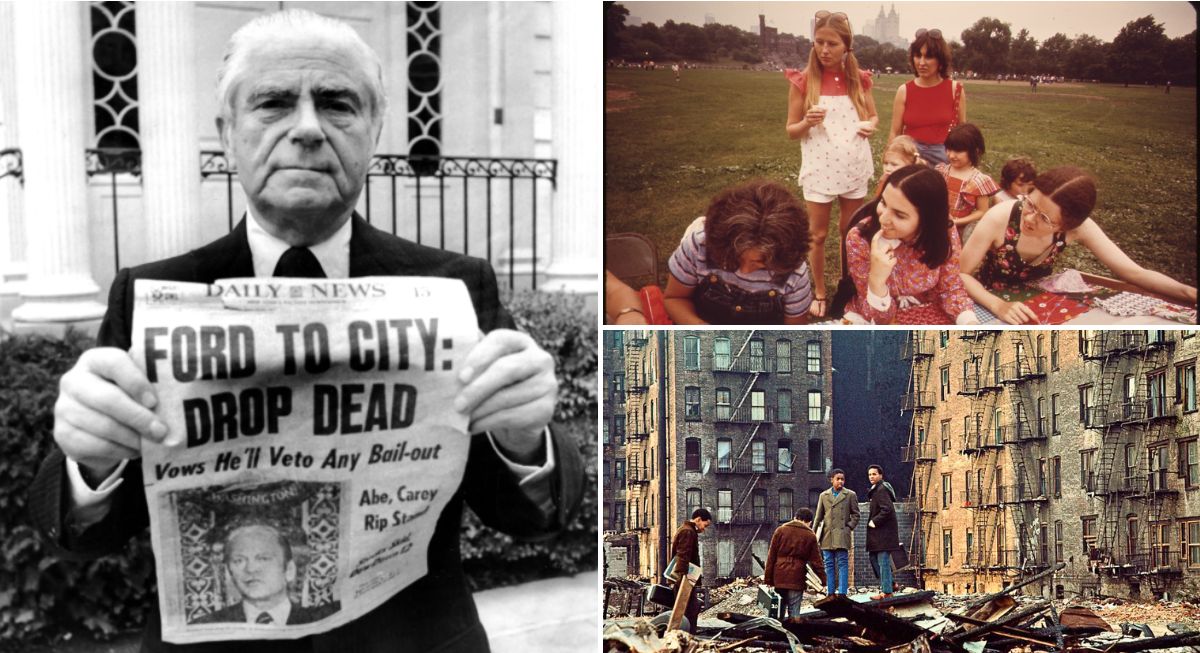Our grandparents had some unusual ideas about what was good for kids, and they didn't think twice about passing them along. Back then, these lessons weren't seen as odd but were simply how things were done. They usually came from old wives' tales, neighborhood chatter, or their childhoods and shaped how generations of kids were raised, even if they sound wild to us now.
Send a Thank You Note

Credit: Africa images
Writing a thank you note was the gold standard of showing appreciation, even for socks from Aunt Mildred. Grandparents believed it built character and good manners. Etiquette expert Emily Post popularized this rule in her 1922 book, and it stuck. Bonus points if the handwriting was legible and heartfelt.
Take Off Your Hat

Credit: pexels
If you wore a hat indoors around Grandpa, you'd probably get a sharp look and a lecture. This one goes way back—etiquette guides in the early 1900s said hats should come off inside to show respect. Ball cap wearers didn't get a pass either.
Use a Proper Greeting

Credit: Aflo Images
Saying "hello" wasn't enough—kids were expected to greet adults with titles like "Mr." or "Mrs." and add a firm handshake too. These formal greetings came from a time when respect started with how you spoke. It wasn't stiff to them but was simply the polite thing to do.
Use "May I," Not "Can I"

Credit: Getty Images
Mixing up "can I" and "may I" earned a grammar lesson from Grandma at lightning speed. The idea was that "can" showed ability, while "may" showed permission. Language purists took it seriously, and kids were trained to ask properly or risk repeating themselves until they got it right.
Ask Permission to be Excused

Credit: pexels
Walking away from the dinner table without asking was a fast track to trouble. Back then, kids had to say, "May I be excused?" before leaving. It taught respect for shared meals and reminded them they weren't the center of the universe—even if they wanted dessert.
Please and Thank You

Credit: Getty Images
These two words were stitched into the fabric of childhood. Skipping them wasn't an option in a well-mannered household. Politeness mattered, even when asking for seconds or passing the salt. Saying "please" and "thank you" was the bare minimum for being raised right.
Never Argue with an Adult

Credit: pexels
Disagreeing with adults, even politely, often meant you were "talking back." That label stuck hard. Grandparents grew up in households where adults were always right, or at least always in charge. Whether it made sense or not, the rule was simple—nod, listen, and save your thoughts for later.
Apologize Rather Than Make Excuses

Credit: Canva
When something went wrong, excuses only made it worse. Kids were taught to own up fast, say sorry, and move on. That meant fewer lectures and more trust. This old-school approach was all about accountability, even if it meant fessing up to something like breaking Mom's favorite vase.
Don't Interrupt Adults

Credit: Getty Images
Cutting into grown-up conversations was social sabotage. Children were expected to stand quietly until addressed, even if it felt like forever. It wasn't meant to be harsh, but it was their way of teaching patience. In some homes, interrupting twice meant an automatic trip to the nearest timeout corner.
Give Up Your Seat

Credit: Photo Images
If a grandparent or pregnant woman walked in, up you went without any question. Giving up your seat was drilled into kids as a sign of respect and a good upbringing. It didn't matter how tired you were. Being raised right meant always being ready to stand for someone older.
Keep Your Elbows Off the Table

Credit: Photo Images
Mealtime came with rules, and this one had staying power. Elbows on the table were considered rude and lazy. Some say it dates back to medieval banquets, where it was seen as a lack of self-control. Whatever the origin, Grandma wasn't having it, especially when guests were around.
Sit Up

Credit: pexels
Slouching at the table or on the couch invited a sharp look and a reminder to sit up straight. Good posture was linked to discipline and manners, not simply avoiding a backache. Sitting tall showed attentiveness, which elders treated as a virtue worth drilling in.
Don't Whine

Credit: Alexander's Images
The moment a voice hits a certain pitch, adults shut it down. Whining wasn't tolerated and was usually met with the classic line, "Use your regular voice." It taught kids that complaining got them nowhere. Emotional control mattered more than getting what you wanted, especially if others were listening.
Never Show Off

Credit: pexels
Bragging wasn't cute but a surefire way to earn a scolding. Humility was prized, and being modest was seen as a sign of good character. Even if you were the best at something, you were expected to stay low-key. Showing off made it seem like you thought you were better.
Remember the Golden Rule

Credit: Getty Images
"Treat others the way you want to be treated" wasn't up for debate. Every elder in the house used it like the gospel. It came from centuries-old teachings and stuck around because it made sense. Even on the playground or at school, kids heard it so often that it became second nature by age six.





